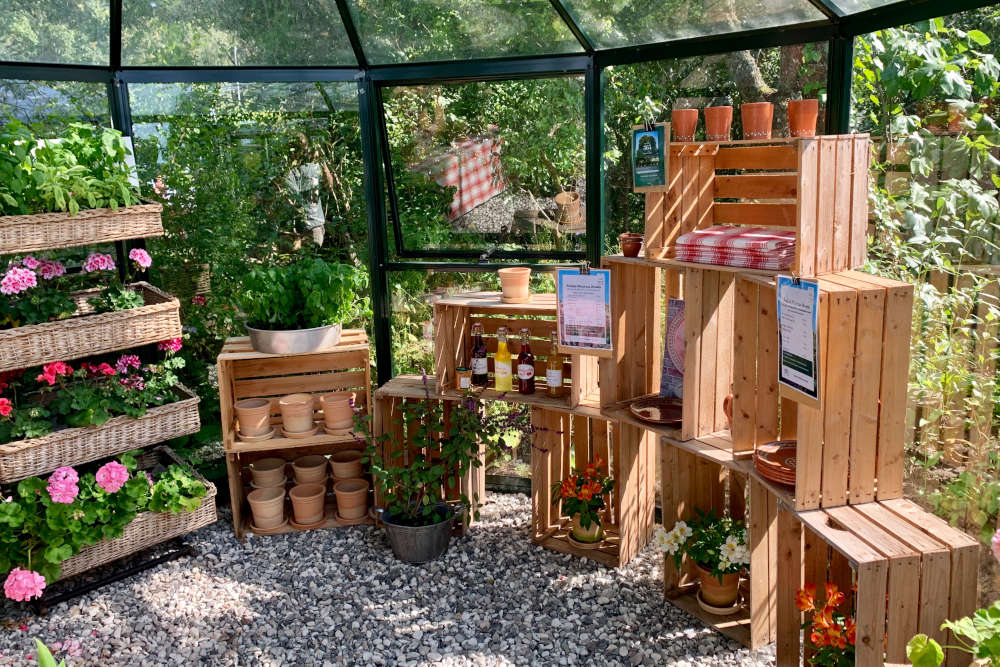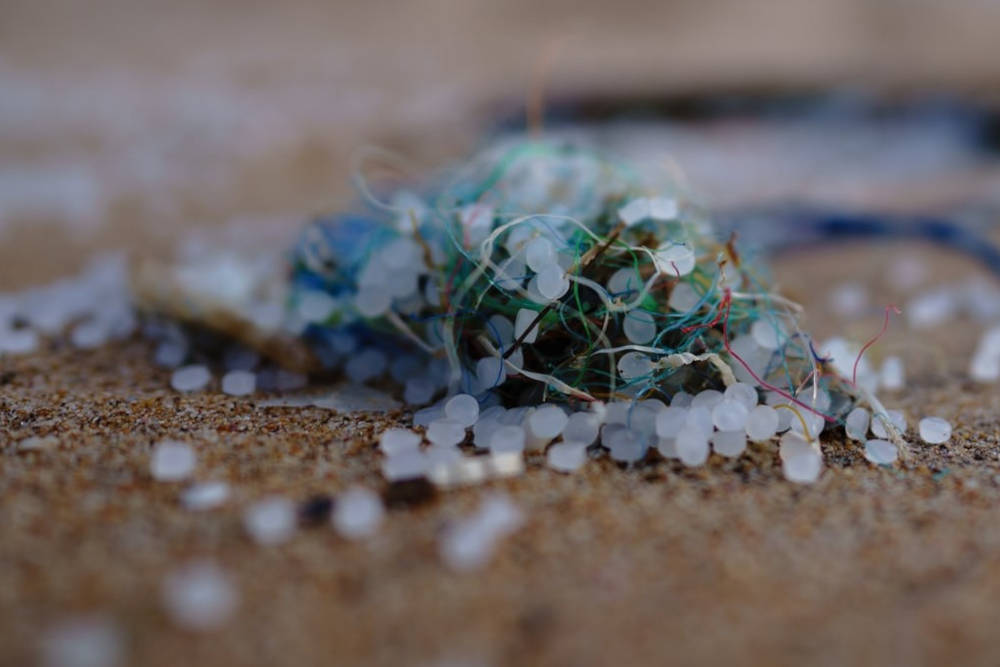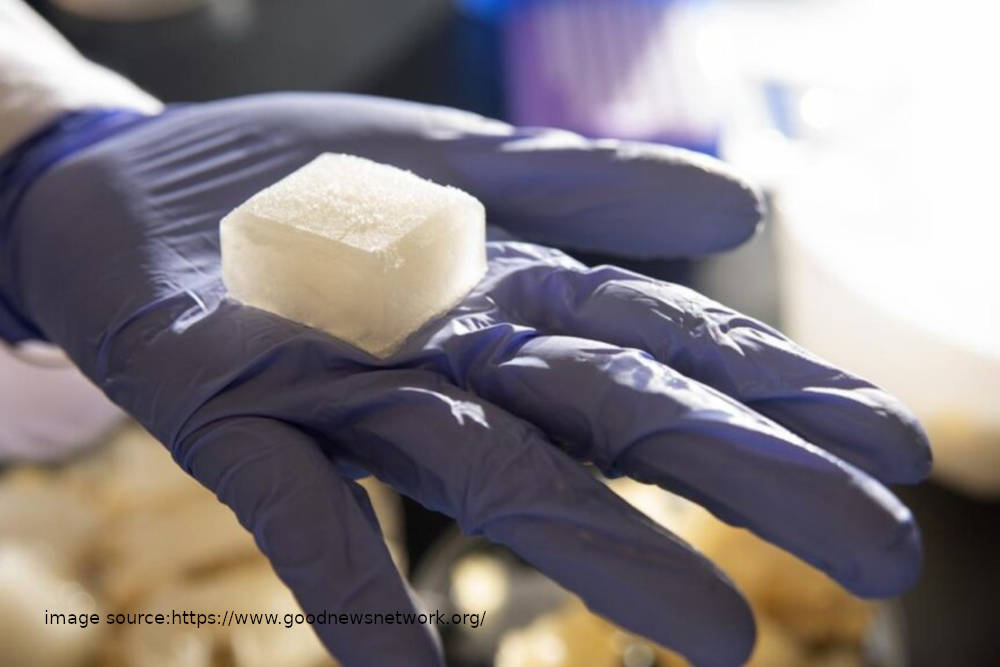New Bacteria to have a "Big Impact on Climate Change"
- Home
- Swallow Green
- New Bacteria to have a "Big Impact on Climate Change"
New Bacteria to have a "Big Impact on Climate Change"
- access_time21 June 2021
- account_circleSwallow Green
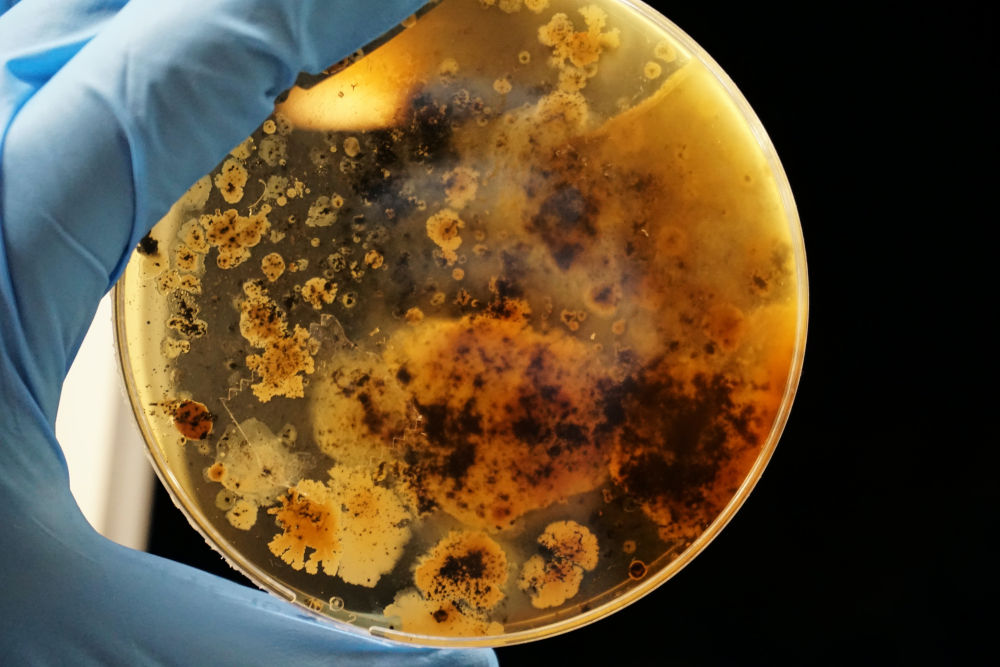
Researchers of Cornell University have found a novel species of soil-living bacteria that’s particularly adept at breaking down organic matter—such as the cancer-causing chemicals that are being released when coal, gas, oil and refuse are burned.
The newly-discovered "madseniana" bacteria was named after Gene Madsen, the Cornell microbiology professor who first started the research and discovered the microbe itself. He unfortunately passed away in 2017, before he could confirm the discovery.
All plants and animals, including humans, host a collection of friendly bacteria that help us with many bodily tasks, such as digesting food and fighting infection. The bacteria living in soil not only help plants grow, cope with stress and fight off pests, they’re also essential to understanding climate change. Madsen’s research focused on biodegradation, meaning the role microbes play in breaking down pollutants in contaminated soils. Special focus was put on organic pollutants called polycyclic aromatic hydrocarbons (PAHs). His work was groundbreaking in providing natural tools to address hazardous waste in many areas where contaminated soils can’t easily be dug up and removed.
"Microbes have been here since life began, almost 4 billion years. They created the system that we live in, and they sustain it. We may not see them, but they’re running the show." Dan Buckley, professor of microbial ecology in the Section of Soil and Crop Sciences in the School of Integrative Plant Science
"Gene was a humble man and a great scientist. I am so happy to see his legacy live on in this way. It’s so apt that a bacterium with these traits would be named after this remarkable environmental microbiologist. I think Gene must be smiling." Esther Angert, professor and chair of the Department of Microbiology.
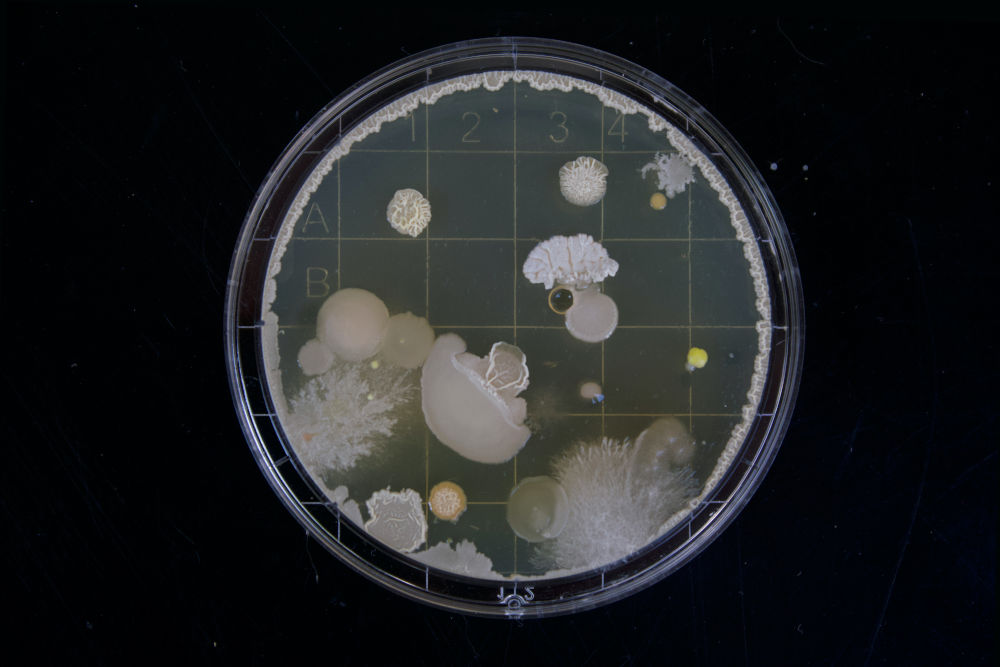
The work started in a Cornell experimental forest on Turkey Hill, a natural area under the management of Cornell Botanic Gardens. Madsen isolated the new bacteria from the forest soil and after his passing, Buckley’s team brought the project to completion.
The first step was sequencing the bacterium’s ribosomal RNA genes, which provided genetic evidence that madseniana was a unique species. The researchers noticed that madseniana is especially adept at breaking down aromatic hydrocarbons, which make up lignin: a major component of plant biomass and soil organic matter. Aromatic hydrocarbons are also found in toxic PAH pollution, meaning that the newly-identified bacteria could be a candidate for biodegradation research and an important player in the soil carbon cycle.
"We know remarkably little about how soil bacteria operate. Soils, every year, process about seven times more carbon than all of the human emissions from cars, power plants and heating units, all over the world, just in their natural work of decomposing plant material. Because it’s such a large amount of carbon going through the soil, small changes in how we manage soil could make a big impact on climate change." Dan Buckley, professor of microbial ecology in the Section of Soil and Crop Sciences in the School of Integrative Plant Science
Understanding how bacteria break down carbon in soil could hold the key to the sustainability of soil and the ability to predict the future of global climate.


